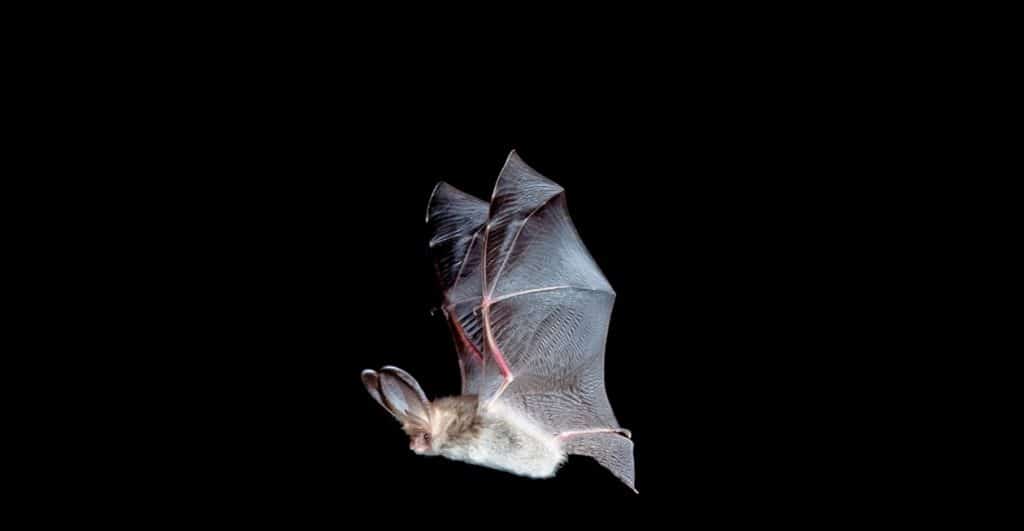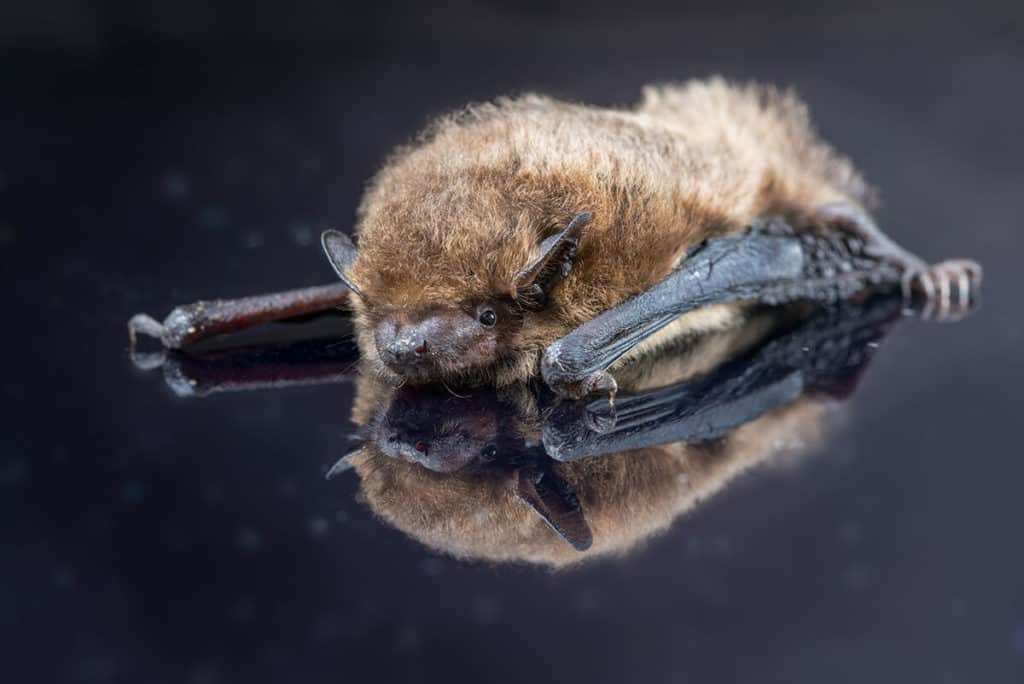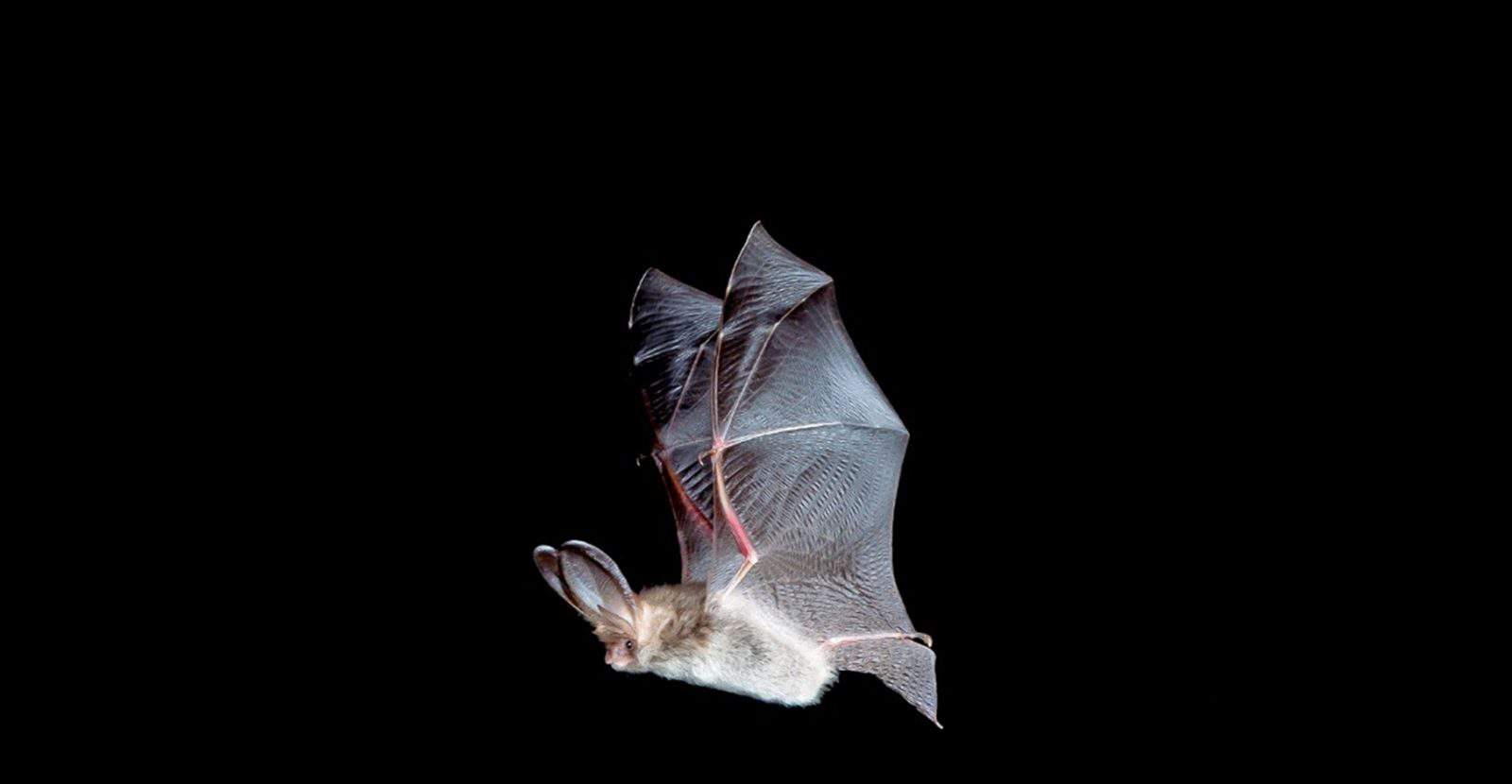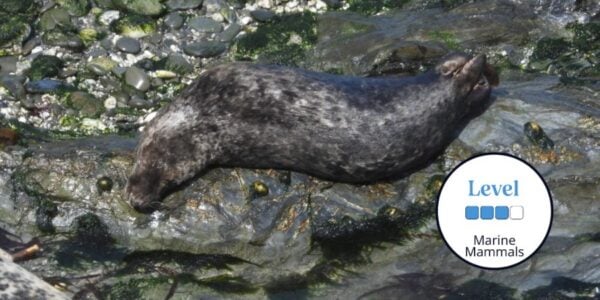This bat identification course covers the identification, ecology and surveying of British bat species, also providing you with an understanding of the importance of these species for ecology, conservation and recording.
Bats make up almost a quarter of the world’s mammals, with over 1400 species globally. They are found on all continents, except Antarctica. In Britain, we have 18 resident species, of which 17 are breeding here. All British bats are considered vulnerable or endangered and are protected by law. This weekend will shed some light on the activities of these fascinating flying creatures and how to identify them.
On Sunday there will be the option to participate in a dawn survey. The rest of the day will focus on hand identification of bats and assessing sites for bat potential. Monday will provide an introduction to sound analysis, building on the acoustic identification in the field covered on Saturday.


Read More
The course will begin on the Friday evening with a general introduction to bats followed by a bat walk around the Centre grounds. On Saturday there will be sessions on bats and the law and an introduction to British bat species, followed by an introduction to the National Bat Monitoring Programme, with a bat detector workshop in the afternoon. After dinner there will be a visit down to the river (conditions permitting), providing you with the opportunity to practice your new found detecting skills!
There will be a short dawn survey on Sunday morning. During the rest of the day there will be sessions on specimen identification and survey methods, including a practical visit to some buildings to look for potential roosting sites and to undertake a site assessment. There will be a final classroom session on Monday morning on the analysis of recorded bat calls, followed by a class test in the afternoon.
Overall, this course will prove an interesting and entertaining introduction to the wonders of UK bats!
Your course will take place at the Preston Montford Centre which is nestled in the heart of Shropshire and surrounded by a rich range of habitats to immerse yourself in, including the River Severn and semi-ancient woodland, with views disappearing into Wales.
What will be covered during this course?
- The course will be delivered through a combination of seminars, classroom identification sessions and practical field work.
- The species of bats found in the UK, their ecology, feeding preferences and roosting behaviours.
- The key diagnostic features of different bat species, both visually and via acoustic surveying.
- The features which make up a good site for bats, and what management or mitigation options are available to protect and promote these species.
- Site survey methods, use of bat detectors, counts and roost surveys.
- Legislation covering bats in the UK and the licensing framework for surveys and other activities with bats.
By the end of the course, you will be able to:
- Identify British bats using relevant ID guides, with reference to the ecology of specific species and details of relevant legislation.
- Critically evaluate survey techniques for bats.
- Undertake a basic bat survey.
- Write a site assessment for bat foraging and roosting potential.
Who Should Attend? – Natural history enthusiasts, students, rangers, ecologists, and environmental professionals. This intermediate level course is open to anyone with some knowledge of the subject. This course is suitable for 18 years and over only.
Knowledge Level – Intermediate. Level descriptors can be found on the following web-page: Framework and Course Level Descriptors
There are two booking options which all include course tuition, meals and refreshments:
- Non-Resident (Breakfast not included)
- Resident (Sole Occupancy)
For course bookings including accommodation please note bathroom facilities may be shared. Please see the ‘whats included’ section below for further details.
MMU Student Information
MMU students – please email [email protected] to book your course place.
Accreditation
This is one of a series of courses (units) run jointly with Manchester Metropolitan University (MMU) contributing to the MSc Biological Recording and Ecological Monitoring and the Postgraduate Certificate in Biological Recording. MMU students complete assessed work after the course. For further details about Manchester Metropolitan University degree programmes please contact:
Department of Natural Sciences, Manchester Metropolitan University, (Shrewsbury Office). Email: [email protected]
- See the ‘Example Timetable’ and ‘What’s Included’ sections below for more information about this course.
- Upon booking you will need to provide individual details of all attendees.
- Please email [email protected] if you have any questions.
Assessment
For Manchester Metropolitan University students, the Unit will be assessed through, for example, identification tests, survey reports, field journals, production of keys, essays or other forms of assessment. In course tests are optional and less formal for participants who are not MMU students.
MMU students will be required to complete a portfolio comprising of two parts:
Part One: An identification test of UK bat species. You will be expected to justify all your answers with reference to species ecology (500 words)
Part Two: Design and carry out a site assessment for potential bats, with an annotated map to indicate the areas that you think are most important to bats. Evaluate how different bat species ecology and preferences would relate to features of the site. You must provide information on the relevant legislation to both the site survey and the species themselves. (1500 words)
Example Timetable
Example Timetable
This timetable is subject to change but should give an outline of what to expect.
If numbers are sufficient a station pick up will be arranged at 5.30 pm from Shrewsbury Station.
The course ends at 2.00 pm on the final day.
Time will be made available for eating packed lunches during the day.
Friday
18:30 Dinner
19:30 Classroom: Introduction to course and attendees, followed by general introduction to bats
21:15 Field work: Emergence survey for bats at and a bat walk around the study centre grounds. (Subject to weather conditions)
Saturday
09:00 Classroom: Bats and the Law
11:00 Classroom: Introduction to British Bats
13:45 Classroom: Introduction to National Bat Monitoring Programme Surveys (NBMP)
15:30 Classroom: Using Your Ears (Introduction to Bat Detectors & Bat Detecting)
21:15 Field work: survey skills practice (subject to weather conditions)
Breaks will take place throughout the day.
Sunday
03:30 Field work: Dawn survey of bats at the Centre Head Office building (subject to weather conditions). Back to bed afterwards!
09:30 Classroom: In Hand Identification
11:15 Classroom: In Hand Identification continued
13:45 Classroom: Spotlight on Bat Potential
15:30 Classroom & Field work: Spotlight on Bat Potential continued
19:30 Free time for reading, revision, and reflection
Breaks will take place throughout the day.
Monday
09:00 Classroom: Introduction to Sound Analysis
10:45 Classroom: Introduction to Sound Analysis continued
11:45 Classroom: Introduction to Assignment Part 2
13:00 Classroom: Assignment Part 1 - Introduction to Bat Identification Class Test
14:00 Final round-up and Home Time!
Breaks will take place throughout the day.
What's Included
- Classroom learning covering the theory of the subject
- Field excursions to apply new knowledge
- Expert tuition for which we are renowned
- Clear objectives and progression
- All meals provided
For course bookings including full board accommodation, please note bathroom facilities maybe be shared.
Before You Attend
There will be a member of staff with first aid training and access to a first aid kit on site. If you have special medical or access requirements, please let us know as soon as possible so we can make any necessary adjustments.
What to Bring
- Warm clothing
- Waterproofs
- Walking shoes / boots
- Good torch / head torch
- Bat detector (if you have one)
- Headphones
- Vacuum flask, lunchbox, etc.
- Notepad and pen
- Hand lens (if you have one)
- Laptop (if you have one)
- Binoculars
Recommended Reading
- Field Studies Council guide Bats Guide
- Bats – Waters, D & Warren, R – The Mammal Society
- The Bat Detective. A Field guide for Bat Detection (with CD) – Briggs, B & King, D – Batbox Ltd.
- A Guide to British Bats – Jones, K & Walsh, A – FSC (fold-out guide)
- Bats. From Evolution to Conservation – Altringham, J.D – Oxford University Press
- Bats of Britain and Europe – Dietz, C & Kiefer, A – Bloomsbury
Opportunities to attend this course
-
Fri 14, June 2024 18:30 - Mon 17, June 2024 14:00
MMU students - please email [email protected] to book your course place.
Progress Your Learning
This is a training course from the Field Studies Council, delivered by expert tutors with an approachable learning style. After attending this course, you may like to progress your learning with further relevant courses or branch out into other areas of natural history. The Field Studies Council offers both online and in person courses, so you can choose the learning style that suits you best.
The course gives you the opportunity to immerse yourself in a new subject and acquire novel skills. Our online portal gives you time to study at your own pace and fit the lessons around your own schedule.
If you have any questions about our online courses please check our Frequently Asked Questions
Please email [email protected] if you have any questions.
Group Bookings Made Easy
If you have a group of 10 or more individuals wanting to complete one of our courses, our team are available to discuss your options – from discounts to private team courses. Find out more!
You can rest assured that the absolute best content from an expert in environmental education will be at your fingertips. In choosing a Field Studies Council course, you will be joining thousands of people who learn with us each year.




